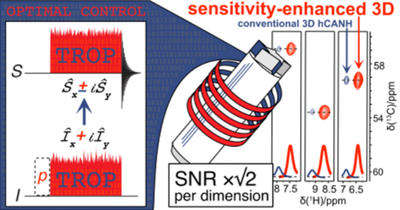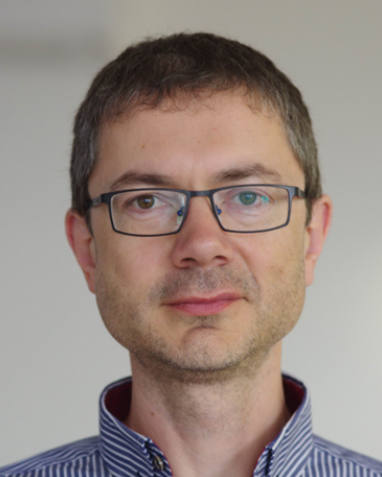Habilitation lecture by Zdeněk Tošner
Advancing Solid-State NMR by Optimal Control
In the past decade, we have witnessed significant advancements in NMR hardware, including the availability of ultra-high magnetic fields (>28 Tesla) and specialized magic angle spinning (MAS) probes capable of rotating solid samples at ultra-high frequencies (up to 150 kHz). These developments open up new opportunities for obtaining highly resolved proton NMR spectra of solids, but they also present new challenges for existing experimental techniques and the design of new pulse sequences.
In this habilitation lecture, I will focus on the design of new and improved experiments in solid-state NMR using optimal control methods. Unlike the traditional approach, which relies on analytical theories and manual development of quantum mechanics for each case, numerical optimizations allow for automated design and simple testing of new ideas. Our work has focused on multidimensional spectroscopy of solid protein samples, where we have developed, for the first time, transverse mixing recoupling elements (TROP). These pulse sequence blocks systematically enhance sensitivity by a factor of for each indirectly sampled spectral dimension, accelerating the acquisition of emerging 5D spectra by an order of magnitude.



